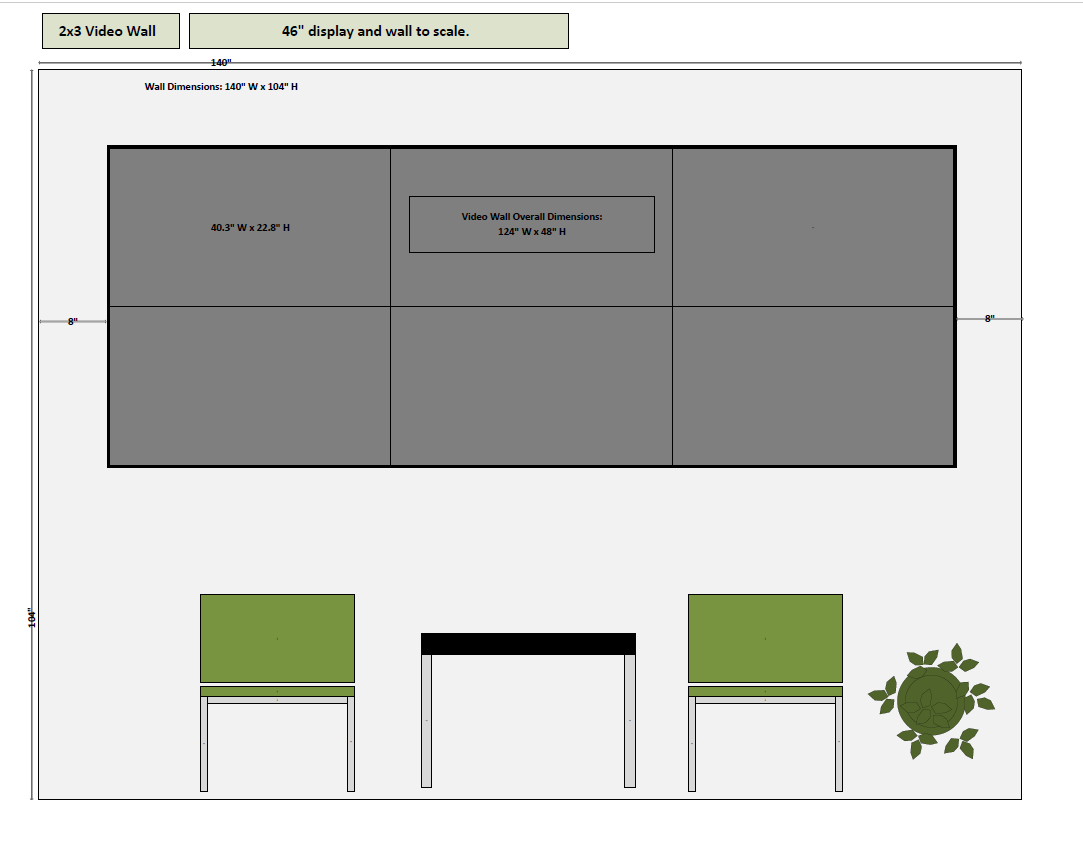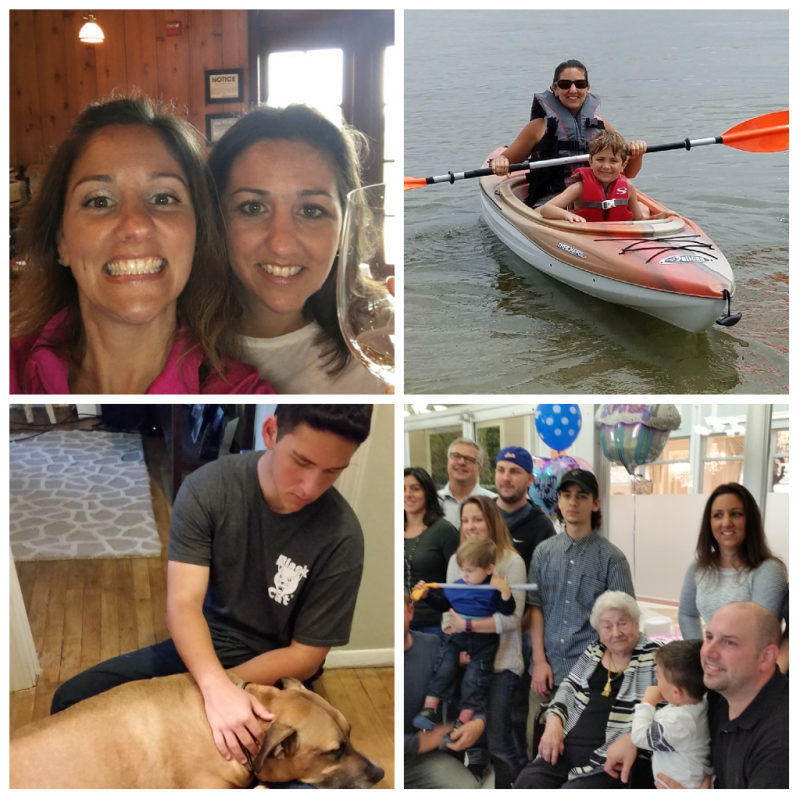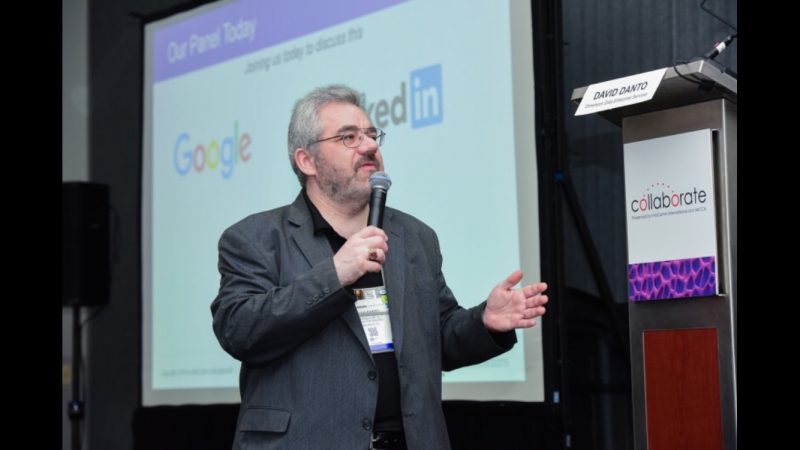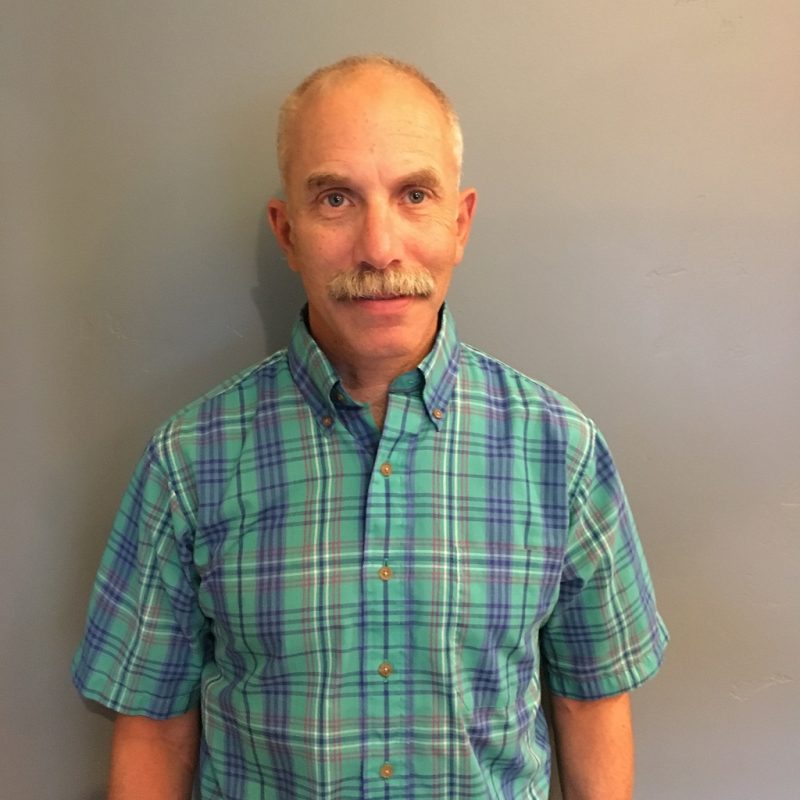AV Insider Spotlight : Ronnie Anne Spang, AV Consultant and Designer
Each week, I am highlighting on some of the incredible people who are in the Audio Video Industry. As this blog is mostly about AV insiders, today we are profiling Ronnie Anne Spang .
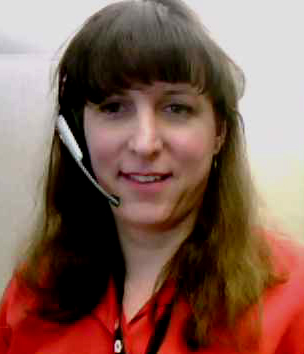
However some of my coworkers do some amazing things as well and not all of those are represented and this is a mere tip of the iceberg of the type and level of work that we do.
1.Describe your journey in the AV industry? How did it start?
I started out in manufacturing aerospace electronics as manufacturing jobs were leaving the US and heading to China.
Unaware that I was riding on a shrinking iceberg I went to trade school for electronics and supplemented my income with TV/VCR repair (the early stages of home theater) and coin operated pinball and video game repair.
Eventually things broke and I ran out of steady work and got involved in telecommunications sales which was becoming diverse due to the breakup of Bell and the introduction of CLECs.
I rode the CLEC wave onto the shore and eventually returned to manufacturing and applications engineering before finding my way to my current role in systems engineering where I have performed every role: from site survey to design to installation/implementation, to configuration, to programming, to commissioning, to service and repair.
This may seem like a lot of change, however a lot has changed in 3 decades. When I started in electronics: tubes were still being used as much as solid state.
Things change, we have to move with the changes or become obsolete.
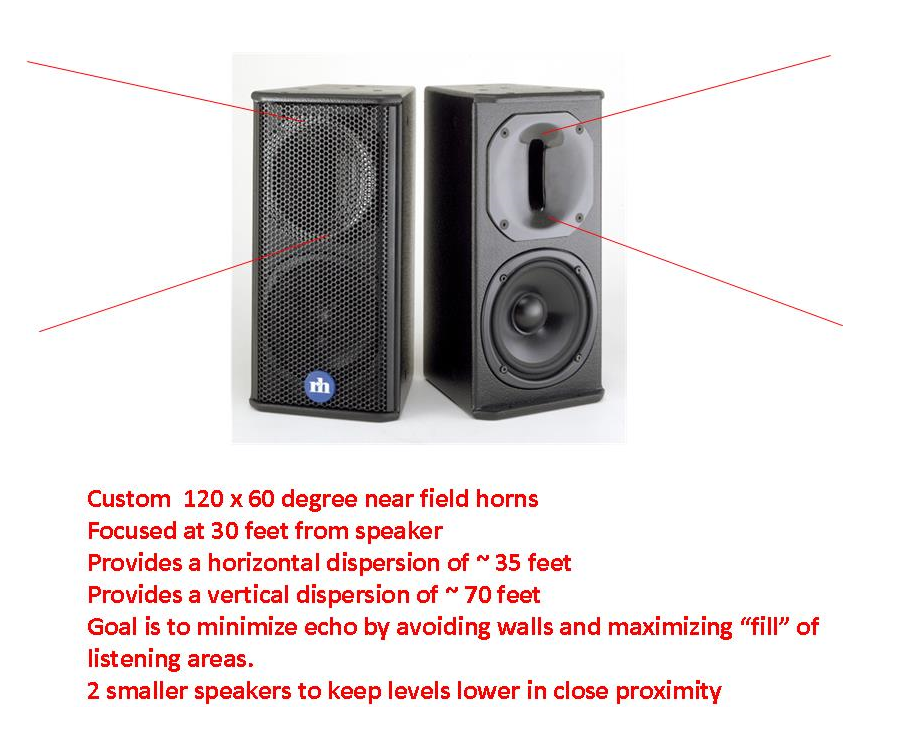
The single most important thing to understand about AV:
We are taking a diverse motley collection of diverse motley assortments of devices and putting them all together to work like one big happy system.
Let that sink in.
That is the literal definition of insanity.
It is almost never going to work right out of the box.
We literally have to dig into every single setting, option and specification to marry each device to every other device.
Miss a single item and catastrophic failure can result.
However at the same time: it is also a constant challenge and fun to make work.
But if you are considering AV as a career and want a 9 to 5 job: this isn’t it.
In the AV industry you will have late nights and early mornings fighting with equipment digging to find those idiosyncrasies that no one else can.
Oh the stories that I could tell.
There are a few things that are important to recognize about technology:
1. It is constantly changing.
2. Aptitude and passion are more important than knowledge. Because the knowledge that we have now will be obsolete within days, months, weeks, years and we will need to learn new technology in order to stay relevant.
3. This is a team industry. Because it is too big to know it all.
I have seen people who knew film projectors far better than I ever will, but some were unwilling to progress to video projectors and many have had to find new career paths as a result.
The lesson is clear: the world is changing. Your financial success depends on changing with it.
We do not need to know everything about everything, but we absolutely need to be able to rapidly research and discern the answer to any problem in any situation quickly and accurately and retain that information to some degree or another.
Whatever we miss: WILL FAIL.
But we are not paid to fail, so we lose money when we miss any detail.
Because of this: we depend on having a team of people.
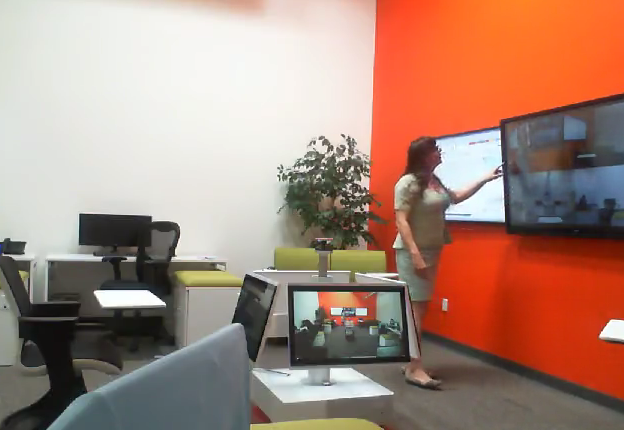
If we visualize a brick wall as what we need for our company to succeed. visualize all of the bricks?
Each of the fields listed above is made of dozens of bricks that we need to know.
Each discipline that we need to know just to do our job is a career by itself made up of many more bricks.
For example electrical comes in AC, DC, single and multi-phase, wye and delta configurations and so much more just for that one discipline and the knowledge that we need grows exponentially as we consider everything that is needed to do AV well.
And our AV brick wall is still not the whole picture, nor the whole wall of our building as there are dozens more non-AV jobs in our companies and clients that are essential to our job and company success as well.
Customer service, HR, accounting, shipping, receiving, invoicing, finance, marketing, sales, support, purchasing, distribution, design, engineering, programming, drafting, installation, and management. Each department is another team that takes multiple minds to run and many more bricks that are vital to hold our wall together.
If one brick is missing from any part of that wall: the wall no longer holds out cold/heat/rain/snow.
Even a genius master in our field only knows a small percentage of the bricks in a few of these departments. NOBODY knows it all or can do it all.
Nobody can possibly be interested in all of that much less excel at all of that.
So none of us can do this alone.
We NEED the rest of our team, we cannot go it alone, we cannot reach our full potential without each and every one of them.
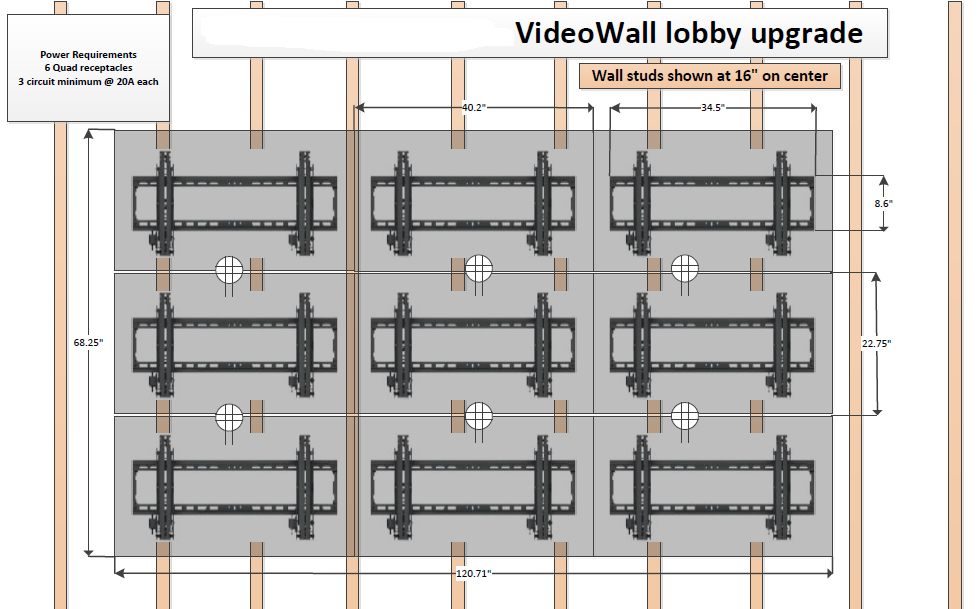
We need to remember that we are lucky, but we are NOT one bit better than anyone else.
Our part is a very small one.
We just have the coolest job, but not the most important one.
Without service: we would have no customers.
Without shipping: we wouldn’t be able to deliver products.
Without Accounting we wouldn’t be able to pay anyone or process payments from anyone.
Everyone deserves respect, gratitude, and appreciation from us if nothing else because they are doing something that we do not want to.
Be the best that we can be, but lift our team up and we will be unstoppable.
A wise person once said something that really illustrated this well.
If you take the best 6 hockey players (or any other sport) in their prime and put them all on a single team they would lose to a team of mediocre players that played like a team.
Why?
Because the best hockey players are wingers and forwards. Who would play defense or goal?
So our job in AV is to try to know everything that we can, without an attitude to those who have a different role or job. That is a challenge that is easy, but can be a very hard lesson if we forget.
3.What are the positives of working in this industry
AV is fun.
Audio can sound amazing.
Video can dazzle with spectacular images and motion.
AV is constantly improving and the cost is constantly falling.
AV changes rapidly keeping the challenges of learning new products to a state of constant growth and improvement.
There are FAR too many toys (brands and models) to know them all (much less every combination possible) so it is NOT possible for ANY one of us to know everything and because of that: so with even a few years in the trade: we EACH come to know some things that no one else does. That makes YOU valuable and relevant after just a few short years and as long as you stay somewhat current after that!
We do AMAZING things that will blow our minds day in day out forever.
The successes snowball our confidence and our love of this field.
Once we get enough of these successes behind us: we discover that we are unstoppable and can do anything, literally.
We become fearless and impossible to beat and nothing will prevent us from accomplishing our goals.
4.What in your opinion would you change in the industry? What are the negatives that are prevalent ?
AV is one of the most dysfunctional trades and industries in the world.
The vast majority of AV manufacturers make problem ridden products and only the very few top tier companies (in each category) even make a few product lines that are reliable, durable and exceptional value.
The companies (brands) and series that hold those top spots is always changing. Sometimes a new upstart comes out and takes a segment by storm, but there is no single company that is best in everything that they do.
However there are some general issues that plague vast segments of the AV industry and entire product types are really not delivering the type of experience that would justify their cost and position.
This applies to many if not most categories of the industry. Manufacturers often embrace the mediocrity that we have in many areas and the few shining outstanding solutions are too often ignored by people who should know better.
Add to that that more designers and engineers do not even follow best practices in design even to the point of blatantly ignoring the manuals written by the manufacturers and countless white papers.
Power calculations, audio wave guides, speaker cabinets, display sizing, networking, heat dissipation, cable types, amplifier loading, ambient light, ambient audio are all largely ignored by people who should know better.
The most popular industry certifications are as much teaching subjective approaches that support an approach that is geared to certain association member manufacturers, but certainly not the only solution and often times: NOT the best solution either.
So the result is a poorly trained industry rife with people doing things in some absolutely horrible ways.
Many if not most systems have some parts that are poorly designed or done and all but an extremely rare exceptional few have room for improvement WITHOUT INCREASING COST.
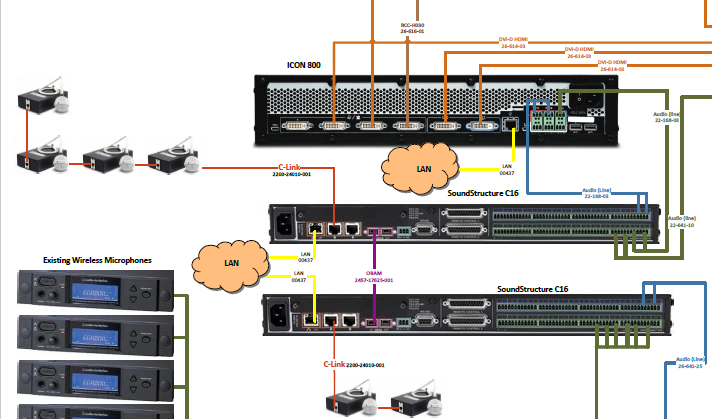
My ideal client is a client who appreciates and is passionate about AV.
It does not matter if they are technical or not.
If the client cares and knows enough to actually notice well designed and excellent performing systems compared to shoddy mediocrity: that is my ideal client.
Of course I prefer a tech savvy client for design we don’t have to fight for the basics as much, but with a less savvy client who cares and is interested: nothing is better than watching them discover in amazement. (that never gets old)
6.If you were going to start over, what would you do differently ?
Well, I would reach greater success in less time because I would know that change was coming (of course) so I would never have gotten as firmly entrenched as I used to and I would better position myself. Time has taught me to be flexible, and adapt to changing situations and circumstances.
7.Describe a typical work day for you. What are your daily disciplines?
Check for directives and CRM workload.
Most often I am designing custom systems, no two are even remotely alike.
I research what the client wants and the products and services that can deliver the client’s wants and needs.
A lot of that includes researching the minute details to ensure compatibility.
Once my design is complete: I make a beautiful presentation for the client that shows and articulates what the system is and how it will work and meet their needs and what they need to do to make it work.
Other work duties and work days can include:
Site surveys
Installation
Programming
Support
Travel
Training
Client and team meetings
Each of these are different task and to-do lists.
No matter what role we play (or all of the roles) we are a team that works to get the system perfected.
It is preferable to be in the office versus on the road, however it is wonderful to get out of the office and play with some of the gear and systems.
Fortunately that gets to happen sometimes but not so often that we cannot be productive in the office.
Balance and flexibility are important keys to success.
8.Describe the apps and gear that you use daily which makes you more productive?
Test equipment, software, and apps are essential to job performance.
We can look at a system that is not working and guess or we can grab a meter, scope or probe and eliminate the guesswork.
Which makes more sense?
Manuals, guides, help files are critical and I keep a vast library of each on my laptop AT ALL TIMES.
Strongly suggest to not show up at ANY job EVER without every manual, software and firmware relevant to that site/project.
BEFORE going to that site: suggest to bring up the equipment list and download each and every document, firmware, configuration utility.
While on the flight, in the hotel room or the night before going to the job: my habit is to skim over the manuals for any device that we are not familiar with.
Never even worry about trying to remember everything, rather just understand the basic function and where the detailed information is within the documentation.
Suggest to look over the code and know the general idea of how the code works.
That will greatly speed up our onsite finding of answers WHEN something goes wrong.
Why?
Because no matter how smart that we are: the odds of our knowing what was going to go wrong in advance is unlikely the first time that we play with a new brand or series of equipment.
That information is like a haystack and the odds of our retaining the correct needle is slim.
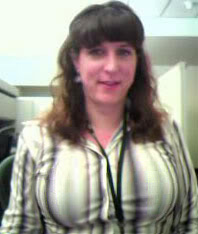 For more information about Ronnie Anne Spang , please find a few links.
For more information about Ronnie Anne Spang , please find a few links.*****
Did you like this post? Connect with me on LinkedIn or just sign up for my free email newsletter.



